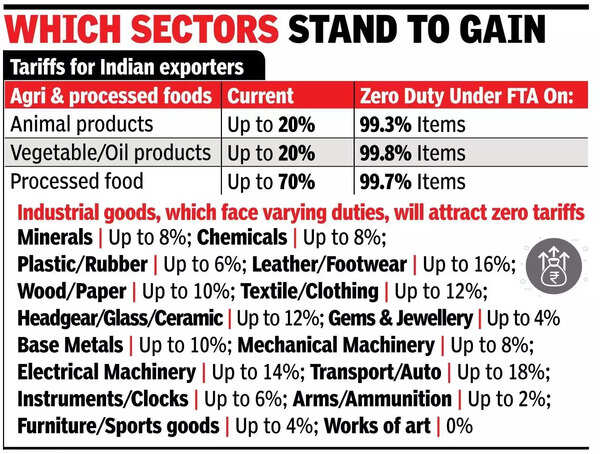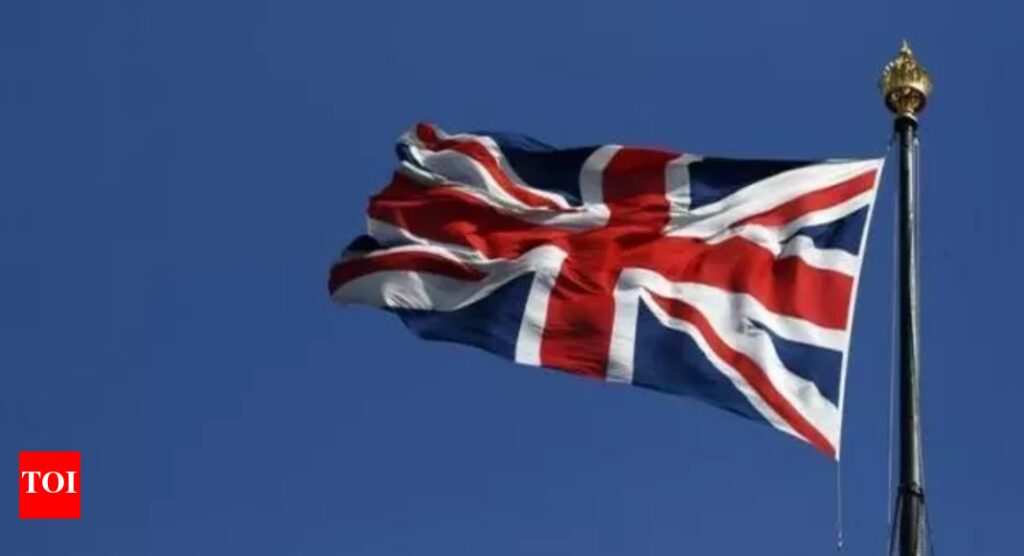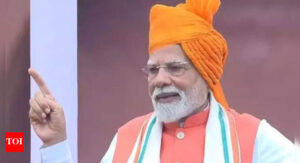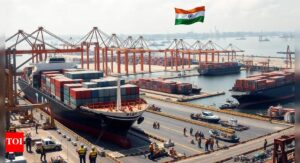
NEW DELHI: Indian tech and management professionals, engineers, and R&D advisors will be among the beneficiaries of an easier visa regime under the trade deal with the UK. This includes 1,800 annual visas for musicians, chefs, and yoga instructors.Easier mobility rules, along with other service sectors aimed at Indian companies setting up shop in the UK, are a critical element of the trade agreement announced on Tuesday. The UK has also offered significant commitments for digitally delivered services for Indian suppliers, such as architects, engineering, telecom and IT.Govt officials cited the Double Contributions Convention as a major gain, helping employees on temporary work visas save around Rs 4,000 crore in social security contributions for three years. “It’s a comprehensive package with good commitment on investments, mobility (easier visas) and lowering costs, helping companies make more aggressive bids (for contracts),” said an official.

Easier access for Indian business visitors and professionals was a key demand from the Indian side in return for lowering import duties on products of interest to the UK, led by Scotch and automobiles. Besides, govt has agreed to open procurement for British companies, something that it did for the UAE under the trade and economic agreement. Market access for govt procurement will, however, be limited to non-sensitive central level entities, and there is no commitment to allow companies from the UK to participate in state or local bodies’ contracts.While the environment chapter has commitments from India, govt officials said the agreement factors in the different development status of both sides and their national priorities. In the case of labour, however, there is only a provision for cooperation and an institutional mechanism for discussing issues related to skill development, capacity building, and information sharing with carve-outs for state govts and local bodies.“These chapters do not have a dispute settlement mechanism,” explained an officer.The UK has, however, not agreed to offer any concessions under the Carbon Border Adjustment Mechanism, with India having the right to retaliate.














